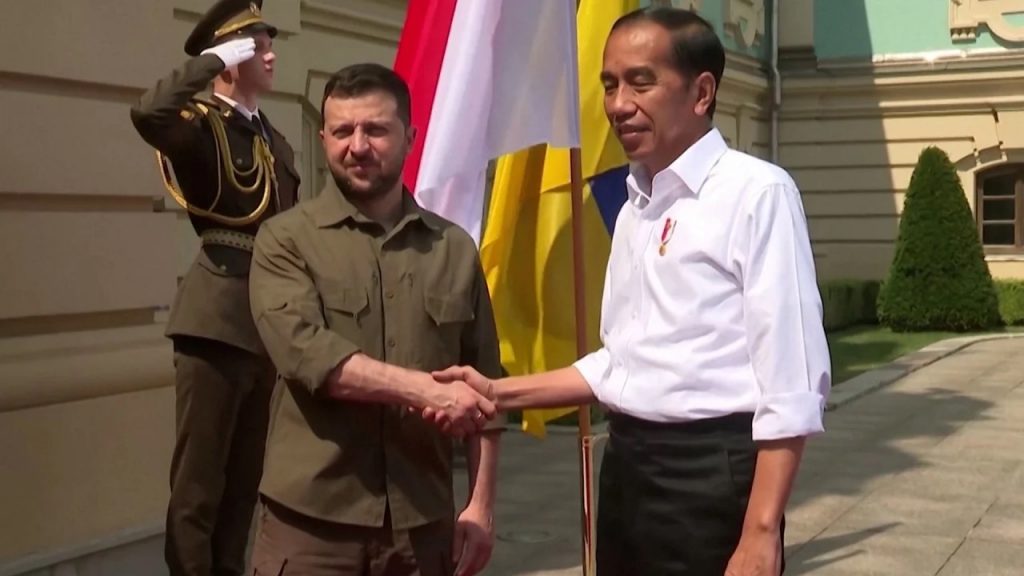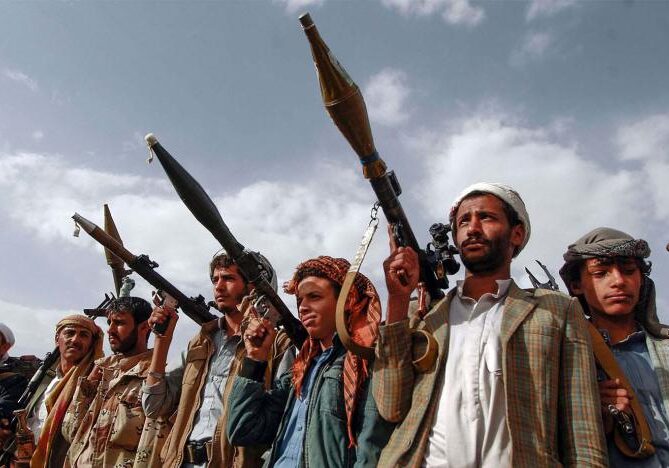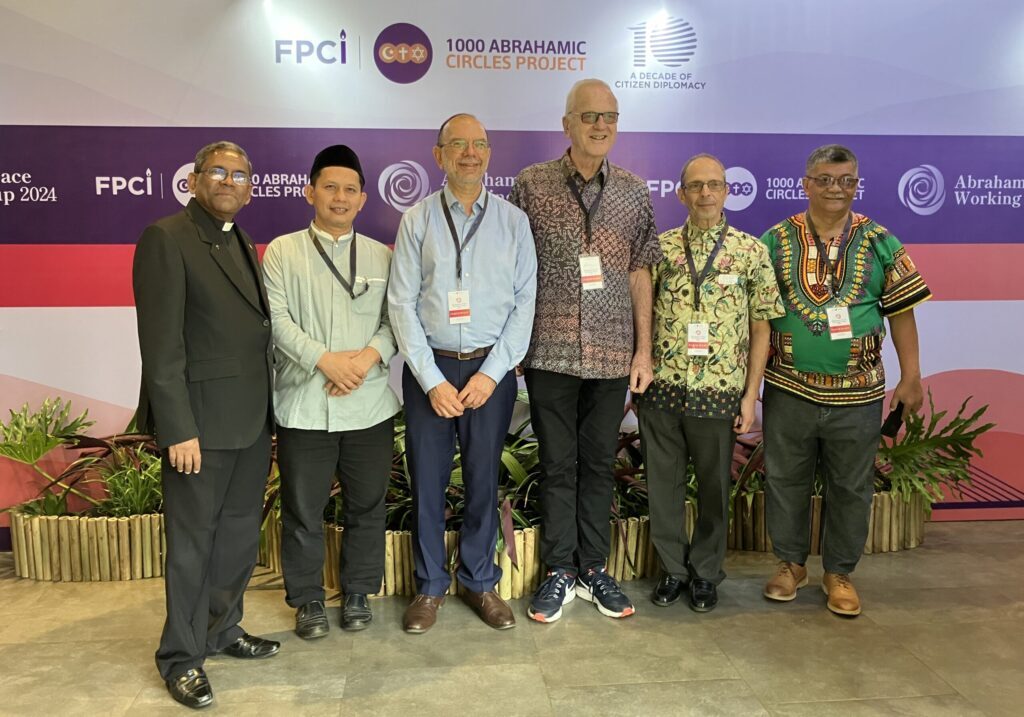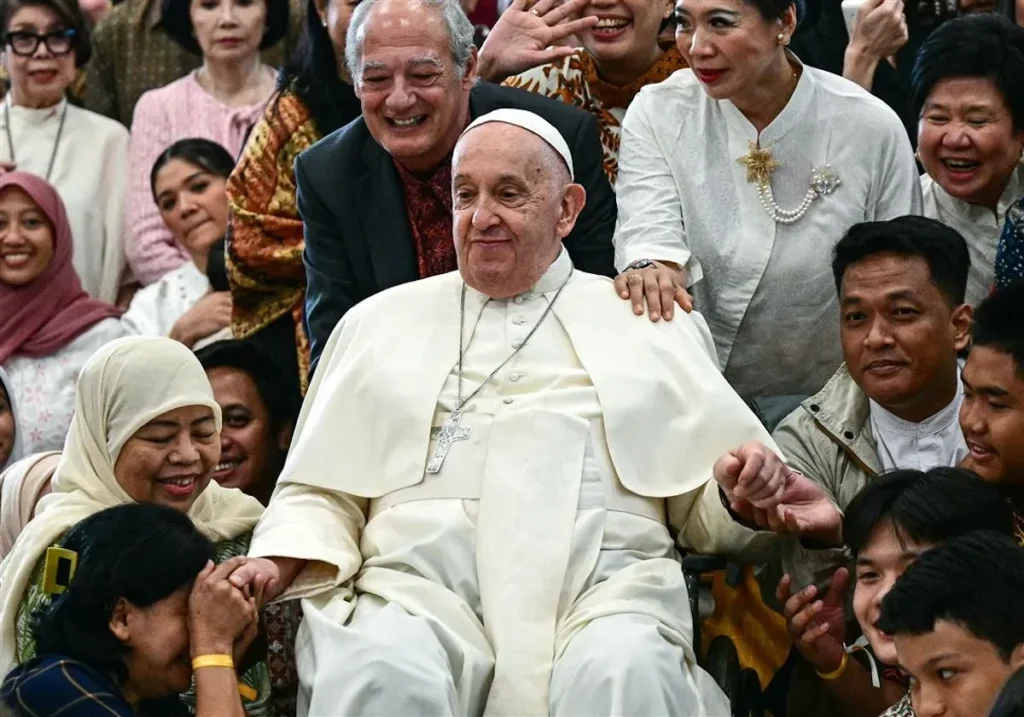Australia/Israel Review
Asia Watch: Indonesia and the Ukraine crisis
Aug 5, 2022 | Giora Eliraz

In late June, Indonesian President Joko Widodo (Jokowi), arrived in Europe on a peace mission focused on meetings in Kyiv with Ukrainian President Volodymyr Zelensky and in Moscow with President Vladimir Putin. This mission also included efforts to address the urgent food insecurity issues which have been aggravated by the Ukraine-Russia war. According to the Indonesian President, he conveyed a message from Zelensky to Putin and stated that his country was willing to be a “communication bridge” between the two warring nations.
Outsiders might wonder how it happened that the President of the faraway Indonesian archipelago ended up getting involved in such a mission on European terrain. But a wider view of Indonesian history and foreign policy suggests this should not really be a surprise. During the authoritarian Suharto era (1966-1998), Indonesia was involved in efforts to settle conflicts in its own region. For example, it significantly contributed – both through the Association of Southeast Asian Nations (ASEAN) and the United Nations – to efforts to realise peace in Cambodia which, between 1979 and 1992, had struggled with both internal and external conflicts. In the early 1990s, Indonesia was involved in mediation between the Government of the Philippines and Muslim separatist groups.
Such initiatives became even more prominent during the Reformasi, post-Suharto era, following the stormy early years of transition to democracy during the late 1990s and early 2000s. As Jakarta gained confidence in its new democratic model of governance, it began to initiate a more aspirational foreign policy, including an ambition to promote democracy and support conflict resolution and peace-building.
In 2011, Jakarta used its chairmanship of ASEAN to mediate a border dispute between Thailand and Cambodia. After the junta in Myanmar officially dissolved itself that same year, Indonesia – the de facto leader of ASEAN – started to lead this regional organisation in efforts to support reforms in Myanmar. After a junta again seized power in a coup in early 2021, Indonesia sought to lead ASEAN to encourage peaceful stabilisation of Myanmar. And in Afghanistan, until the Taliban took control of the country in August 2021, Indonesia was extensively involved in efforts to promote political reconciliation between the various Afghan factions.
Today, Indonesia is approaching the tangled issues associated with the Ukraine-Russia war with a somewhat higher international profile, as the current chair of the prestigious Group of 20 (G20). In addition, President Widodo is one of six “Champions” of the Global Crisis Response Group set up by the UN Secretary-General to help decision-makers develop strategies to address the three main problems in the global crisis caused by the war – food, energy and finance.
Indonesia believes that one of the key factors that makes it fit to mediate in the Ukraine conflict is its traditional policy of neutrality in world politics, which has been in place since 1948. A formative guiding principle underlying Indonesia’s foreign policy since that time has been “rowing between two reefs” (Ind. mendayung antara dua karang). This was further institutionalised during the 1950s, when Indonesia played a leading role in the creation of the Non-Aligned Movement.
In the Ukraine-Russia war, Indonesia has again appeared to be trying to navigate carefully between the “reefs”. It supported the UN General Assembly resolution condemning the Russian attack on Ukraine but has declined to join Western sanctions against Russia and abstained from the vote to suspend Russia from the UN Human Rights Council. Hence, Indonesia has been described by observers as a “fence sitter”.
But what is driving Indonesia to seek to play a mediating role in this bloody European conflict?
Like many other parts of the world, Southeast Asia is heavily affected by the consequences of the war, in particular in terms of commodity shortages and commodity prices.
There are also concerns about the aggravation of great power competition in the Indo-Pacific. The war has proven yet again that the blatant trampling of national sovereignty does not provoke truly effective responses by the international community.
Finally, there are domestic interests: as a major importer of Ukrainian wheat, Indonesia needs a stable supply in order to maintain the production of wheat-based food and to meet potential domestic challenges caused by rising prices.
In its current one-year chairmanship of the G20, Indonesia has an interest in leading this prestigious economic forum to address the global food insecurity exacerbated by the war. Thus, while eyes are directed towards the planned G20 Summit meeting in Bali in November, Indonesia, the perceived neutral actor, hopes to see participation of the Russian leader despite Western pressure. However, Indonesia has also invited President Zelensky, even though his country is not a member state, to attend the summit.
Indeed, it seems that Indonesia, a rising actor in the international arena, considers its leadership of the G20 a major platform for both upgrading its international profile and promoting its essential interests, including regarding the Ukraine conflict.






